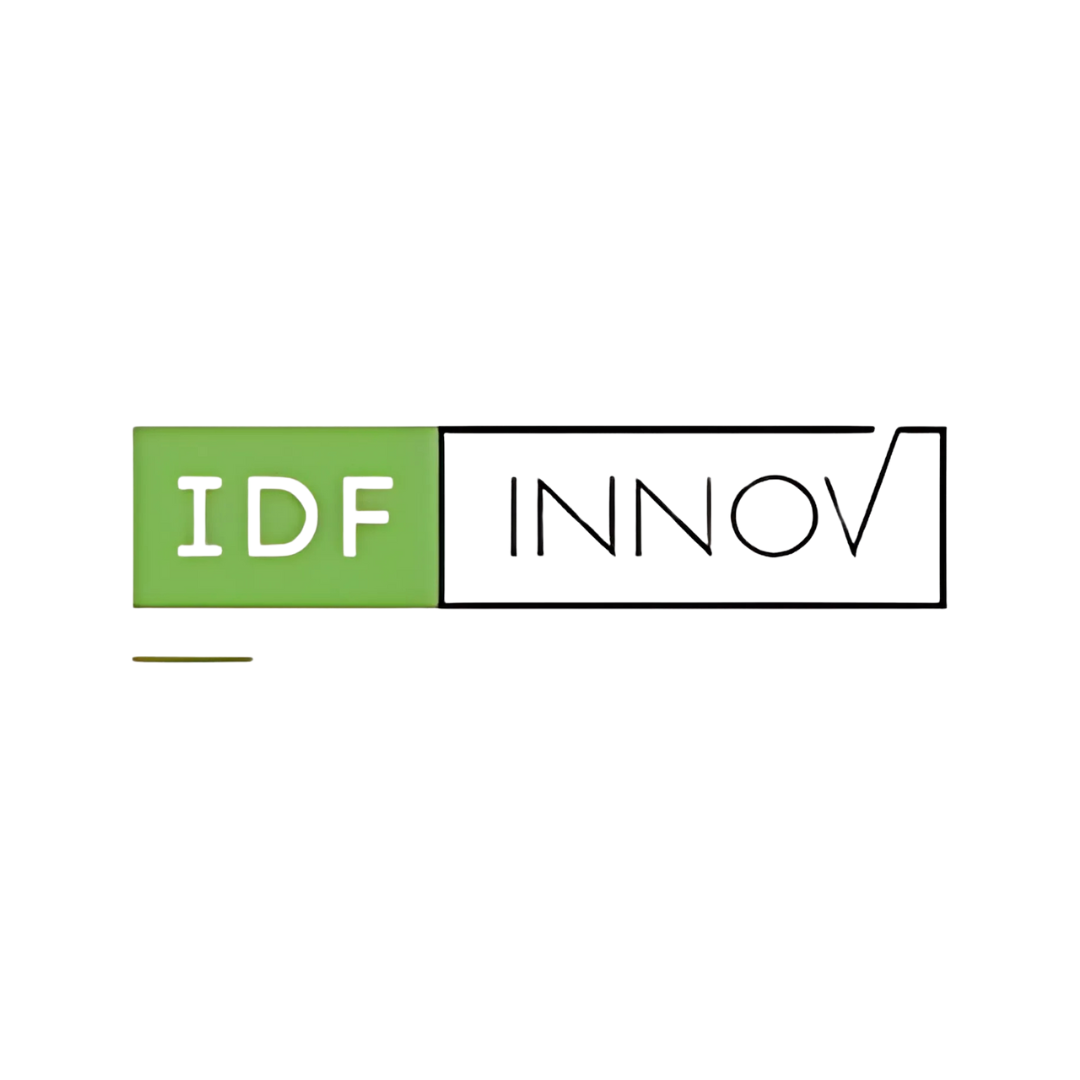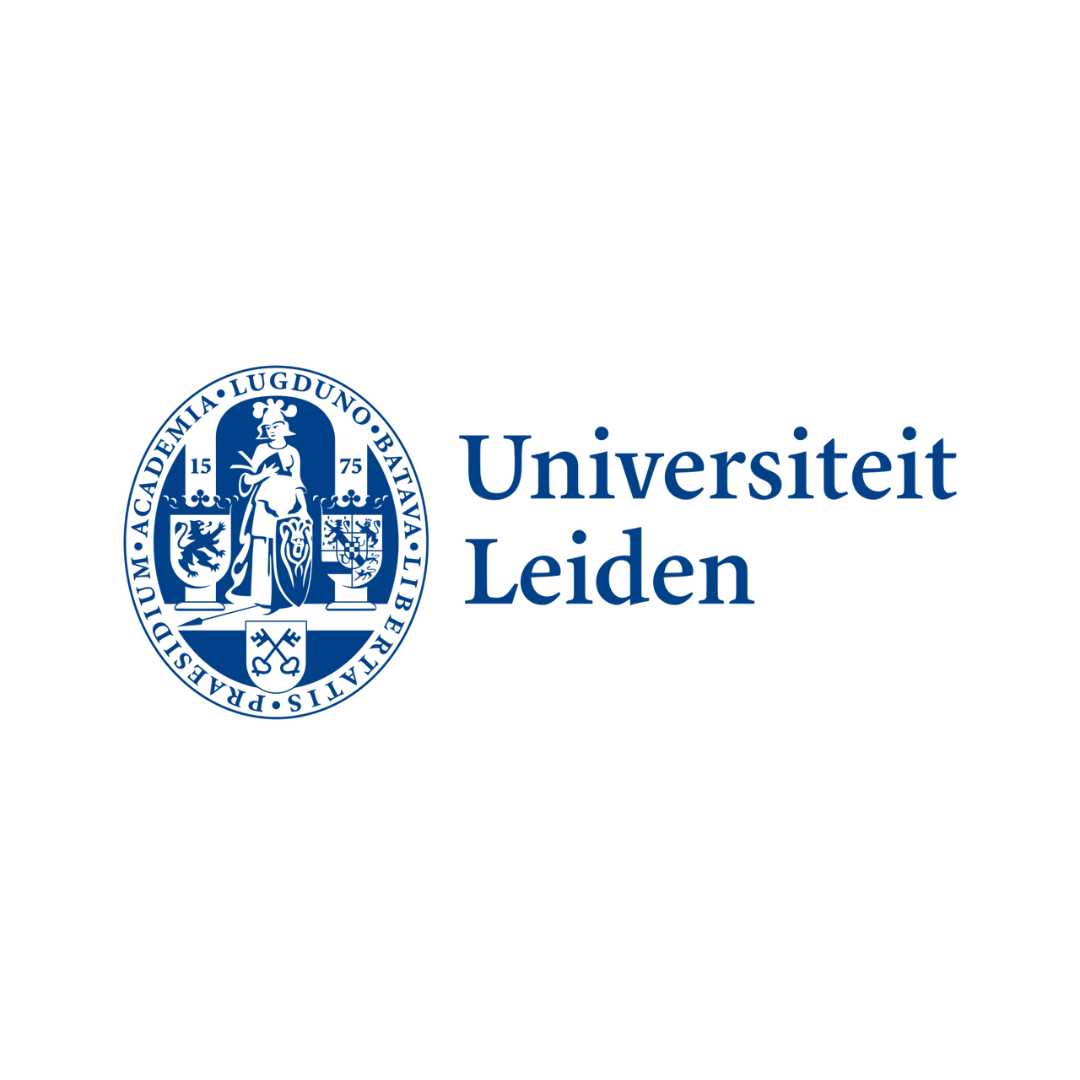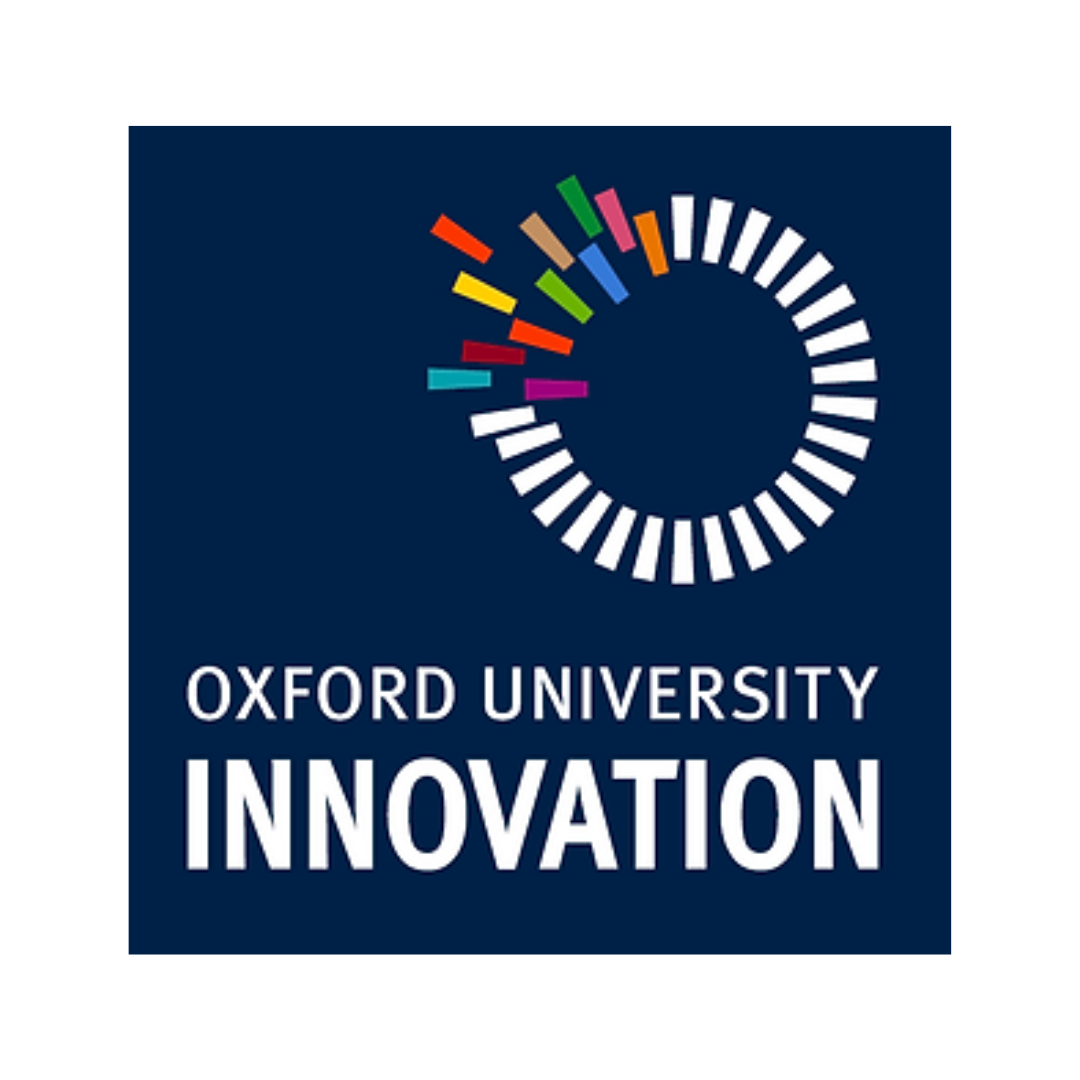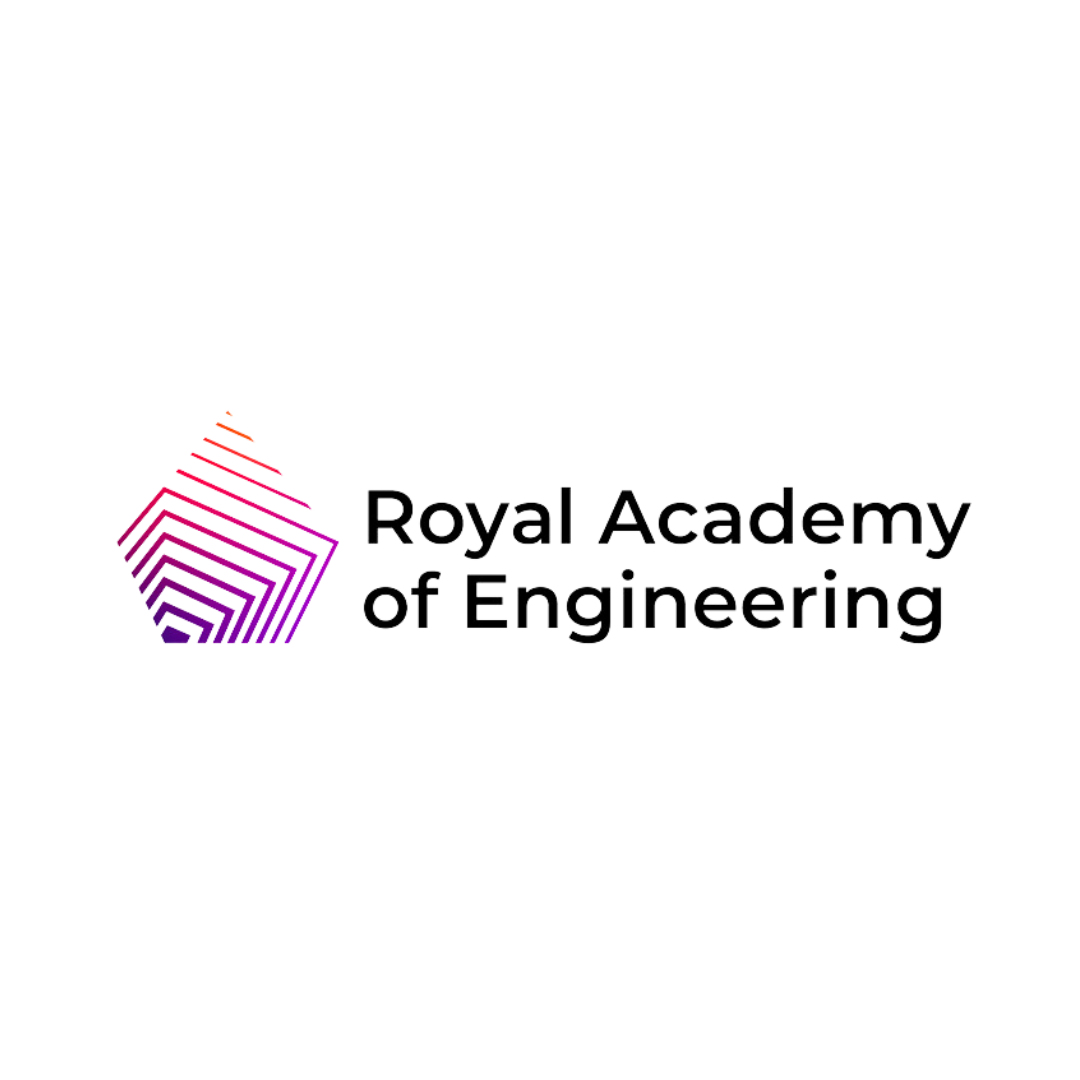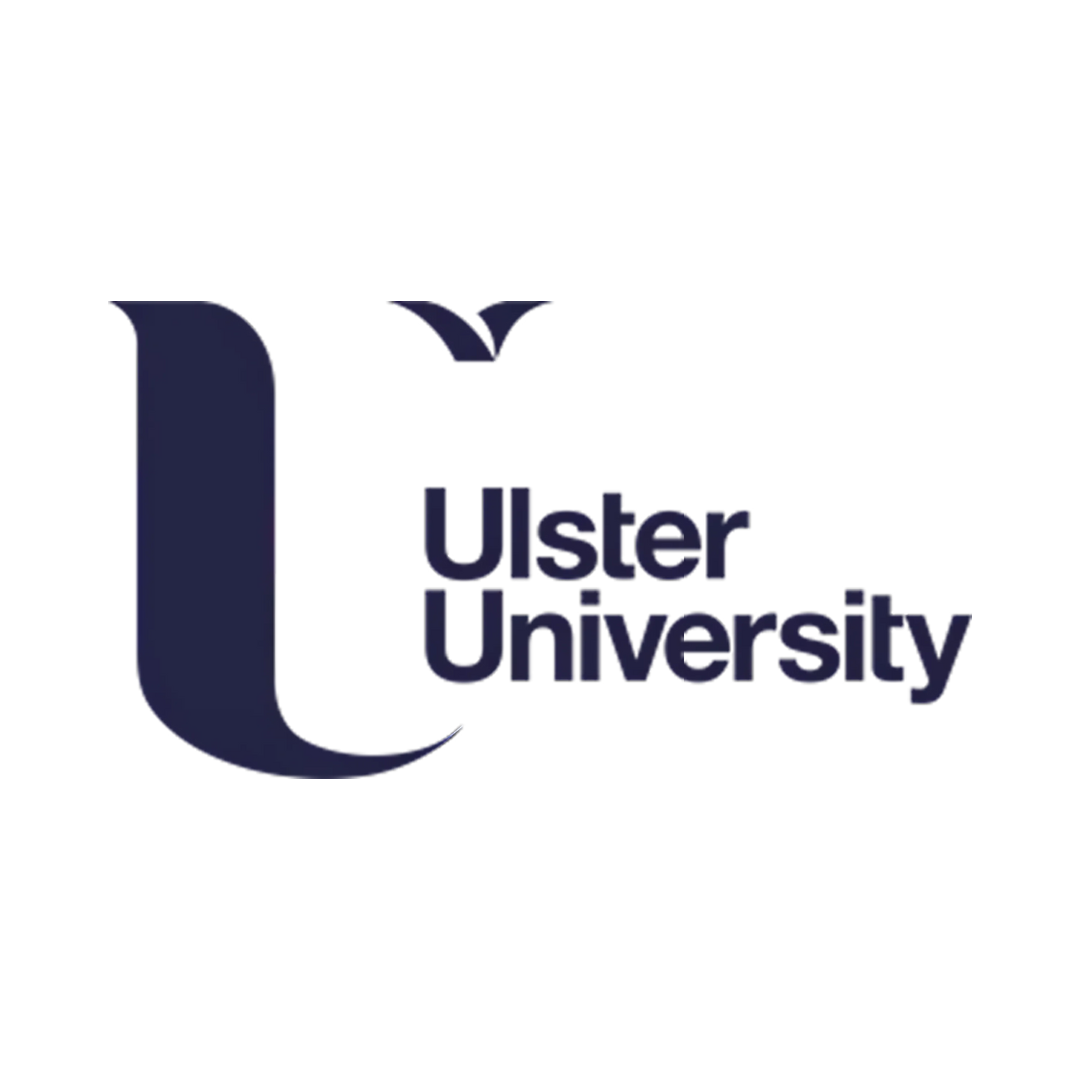Do entrepreneurial skills undermine or complement fundamental research?
September 2021
Systems exist within universities to foster and enable research entrepreneurship. A fear is prevalent within academic communities that such systems may be detrimental to fundamental research, and shift the focus of academic funding towards application-led research work.
In a panel discussion hosted on Tuesday 20 July 2021, we asked stakeholders from the UK innovation ecosystem to debate on the best options available to promote entrepreneurship as a set of skills, complementary to research competencies, that academics can develop.
Below we summarise the main findings of the debate, highlighting the possible solutions to the issues discussed during the debate.
University technology transfer – are we doing it right?
The current innovation process within academic institutions would benefit from a revolution. Simply put, academics often carry out and publish research to then realise its outputs have market potential. In this scenario, the academic works with the technology transfer professional to explore a range of opportunities to take the technology to market.
This sequence of actions is the most common, but it is suboptimal from various standpoints, including intellectual property and freedom to operate. Crucially, business sense is often not required from the academic, leaving all business tasks up to the technology transfer professional. Yet, if researchers had some market understanding before they started a research project, their research and its results would perhaps lead to the opportunity to better address market needs.
A possible way to build this knowledge within academics could be an adaptable system within universities to work with academics who wish to undertake research alone, those who wish to have a blended approach to research and the translation of their output into the market, and market-driven researchers. This blended approach would enable and open alternative career possibilities for PhD students, post docs and early career researchers.
Speaking the same language
Academics and entrepreneurs often talk about the same concepts and aspirations, but the language they use is different, causing messages and synergies to be missed. An example of this is climate change. Customers respond to the pain (a polluted planet) before they respond to the problem (climate change and unsustainable economies). If academics had attempted to engage the world outside of academia with a message on unsustainable lifestyles and the geo-physical phenomena behind climate change, they would have obtained little traction. Instead, the recent surge in awareness of climate change and related issues has been the product of effective communication and collaboration between academics and stakeholders outside of academia.
Communication is a crucial entrepreneurial skill. If more training and opportunities to develop a business mindset were offered within academia, we would pave the way to huge benefits, including more collaboration opportunities between research groups. Increased collaboration would allow fundamental research to continue to thrive while at the same time creating synergies with solution-driven research groups.
Should we move away from blue-sky research towards need-driven discovery?
Neglecting the power and importance of fundamental research is dangerous. We must remember that both routes, pure discovery and the solution-driven research, start with the fundamental research. An example of this is the research undertaken on the ozone in Antarctica. The British Antarctic Survey found that ozone had been in decline since the 1970s. This led to the writing of the Montreal Protocol in 1987, which, with other pieces of related legislation, ensured the rapid phaseout of ozone-depleting substances and the creation of new alternatives.
We cannot have all discoveries driven by user demand; there is great innovation that has been drawn from blue-sky research and curiosity-led discovery. Research funding bodies should therefore be mindful not to create a funding system too focused towards application. A challenge for the upcoming years will be finding out what the right balance between application and fundamental research funding looks like.
De-risking early-stage technologies – what solutions are there to do this?
There is a difference between innovation and invention. Invention is a finite event, whereas innovation is a long, expensive process possibly best served by those who have the entrepreneurial mindset, know the market, and how to work it.
Generally speaking, with technologies emerging from universities, there is a relatively long period where an invention is simply too early-stage to attract the appetite of companies and investors. Adding to this is the issue that in some countries like the UK, the market is short term and service based, so that there is a need to look globally to apply solutions and potentially to find investment.
Innovate UK Some UK funding agencies have investor partnerships to try to de-risk the development of the opportunities by underwriting the early costs. An example of this is the ICURe Programme. Here, academic teams with a business idea step up to test the marketplace early in the development stage of the product or solution. If the market says yes, then they can take it further. This is the type of experience that gives early-career researchers the opportunity to become an entrepreneurial lead, sometimes opening new career opportunities outside of academia. The crucial part in this process is supporting academics transitioning to entrepreneurship with the right structures to enable their success.
Is entrepreneurship for the majority of the academic community?
Entrepreneurship is not for everyone, and nor should it be. However, it is important that institutions working with innovation have right experience, structures, and systems in place to nurture and guide them through.
We need to have a support structure for where an academic has a good entrepreneurial idea, but does not wish to be the entrepreneur that takes it to market, or begins and then discovers it is not for them. We need to have the option to bring people in to support the academic and take ideas on. If the academic needs to take a step away there needs to be mechanisms to do so.
We also need to encourage diversity in entrepreneurial teams supporting the academic, as we often do not have the right people in our technology transfer teams. We need teams that understand markets, business models, and innovation drivers. We need to validate and grow this technology transfer community. A solution could be attracting diverse teams to our universities, leveraging PhDs and early-career researchers who wish to build a business career.
Where next?
The debate concluded that entrepreneurship and application-led research should enhance – rather than undermine or complement – fundamental research. Entrepreneurship must be promoted within academic communities as an option for diversifying career paths as well as a set of skills useful to academics focusing on fundamental research. Some of the benefits that can derive from developing entrepreneurially minded research groups have been discussed in this short piece.
Going forwards, we must remember that there is no one-size-fit-all approach. Each institution will have different stakeholders and strengths to leverage in its innovation strategy, and entrepreneurial training should be provided accordingly.
Emphasis must be placed on exploiting the synergies between fundamental research and entrepreneurship rather than on trying to convert researchers into entrepreneurs through initiatives, performance frameworks, and funding awards. We look forward to seeing if the hybrid approaches to university IP commercialisation will be considered by higher education institutions in the future.
__________________________________________________________________________________
As an organisation focusing on the promotion of research commercialisation, Oxentia has the pleasure to participate in the creation of skills and capacity within research organisations across the world to enable innovation. Our experience training researchers in business skills has recently culminated in the creation of a programme to foster academic creativity through business thinking, and to support the development of ideas born within academia into marketable products and services. Discover more.














